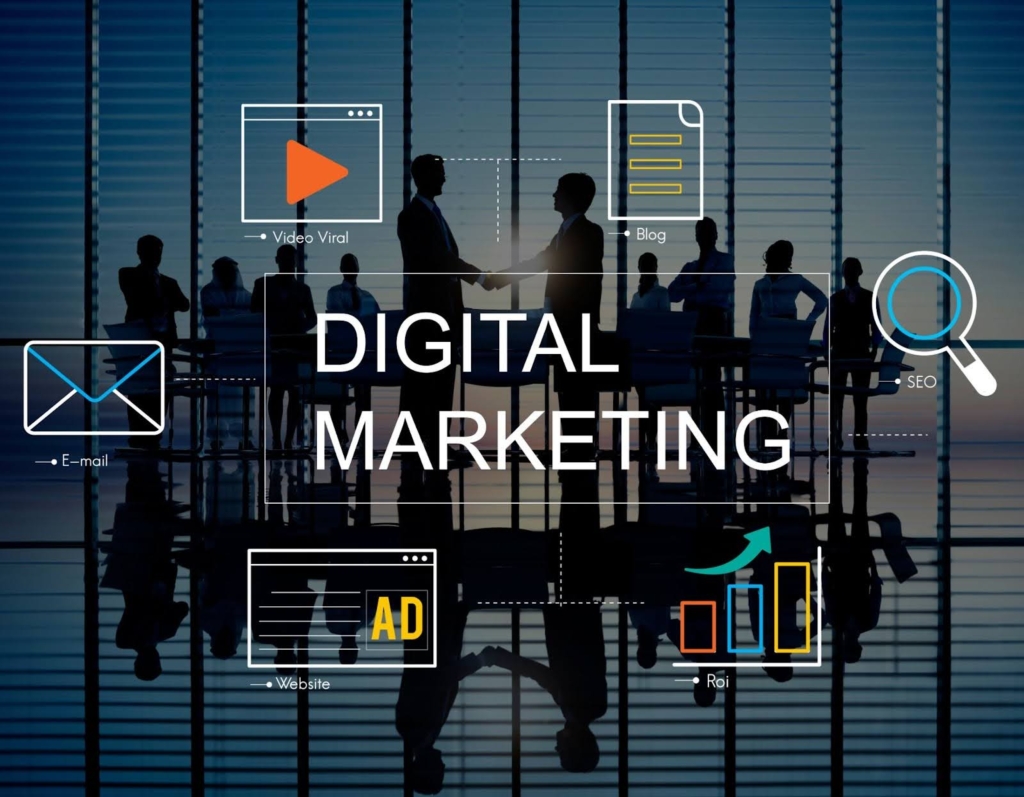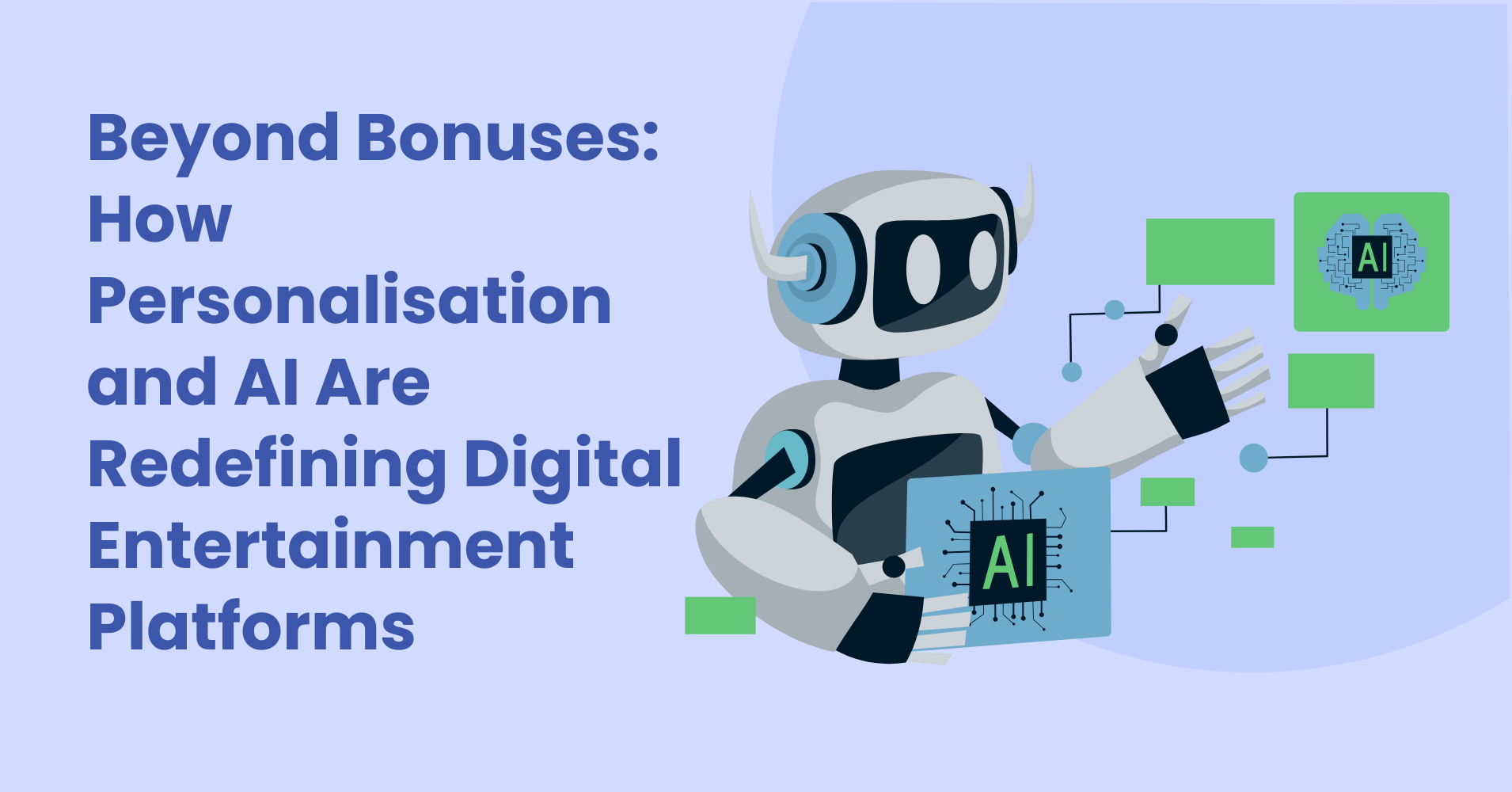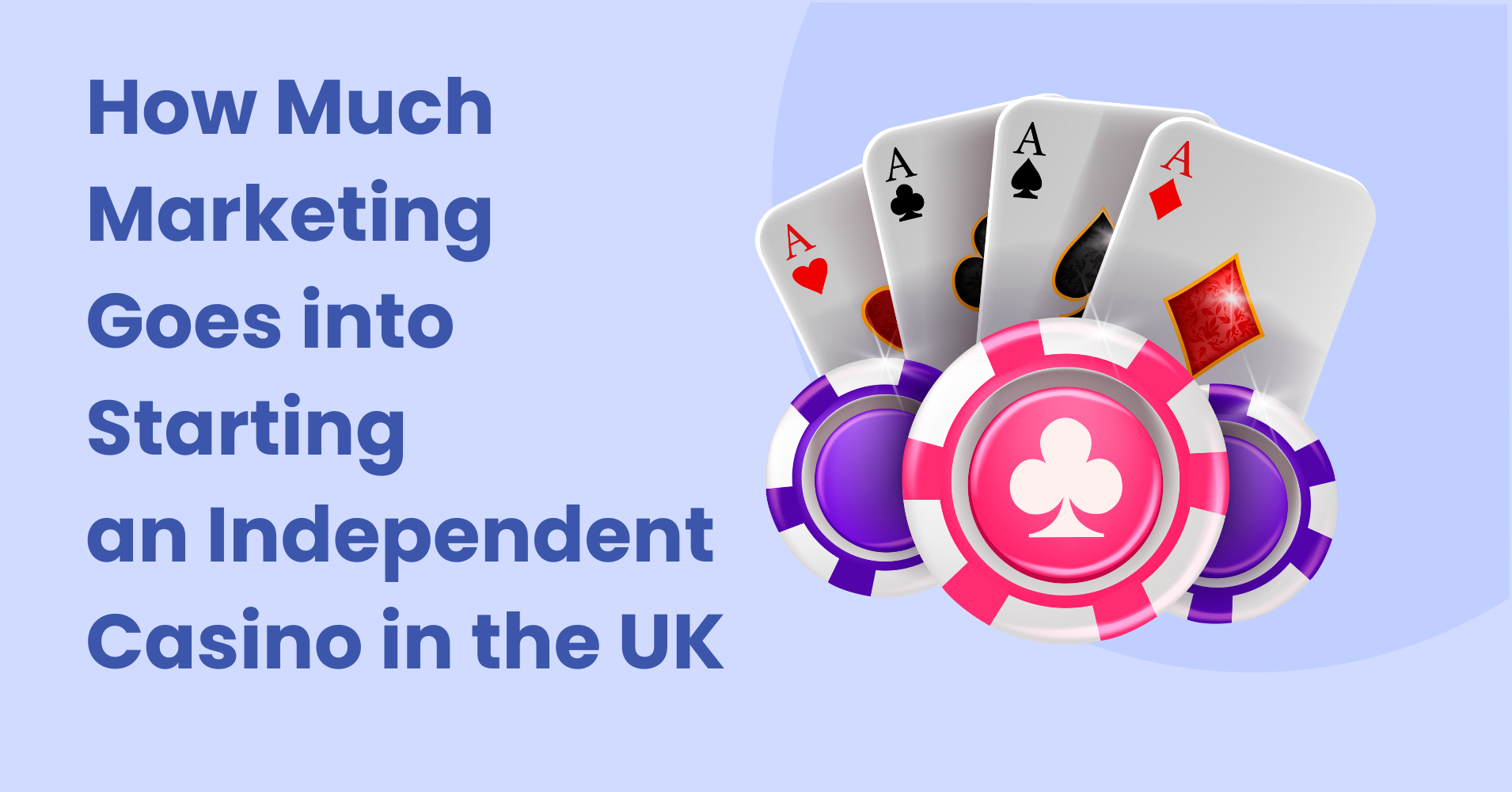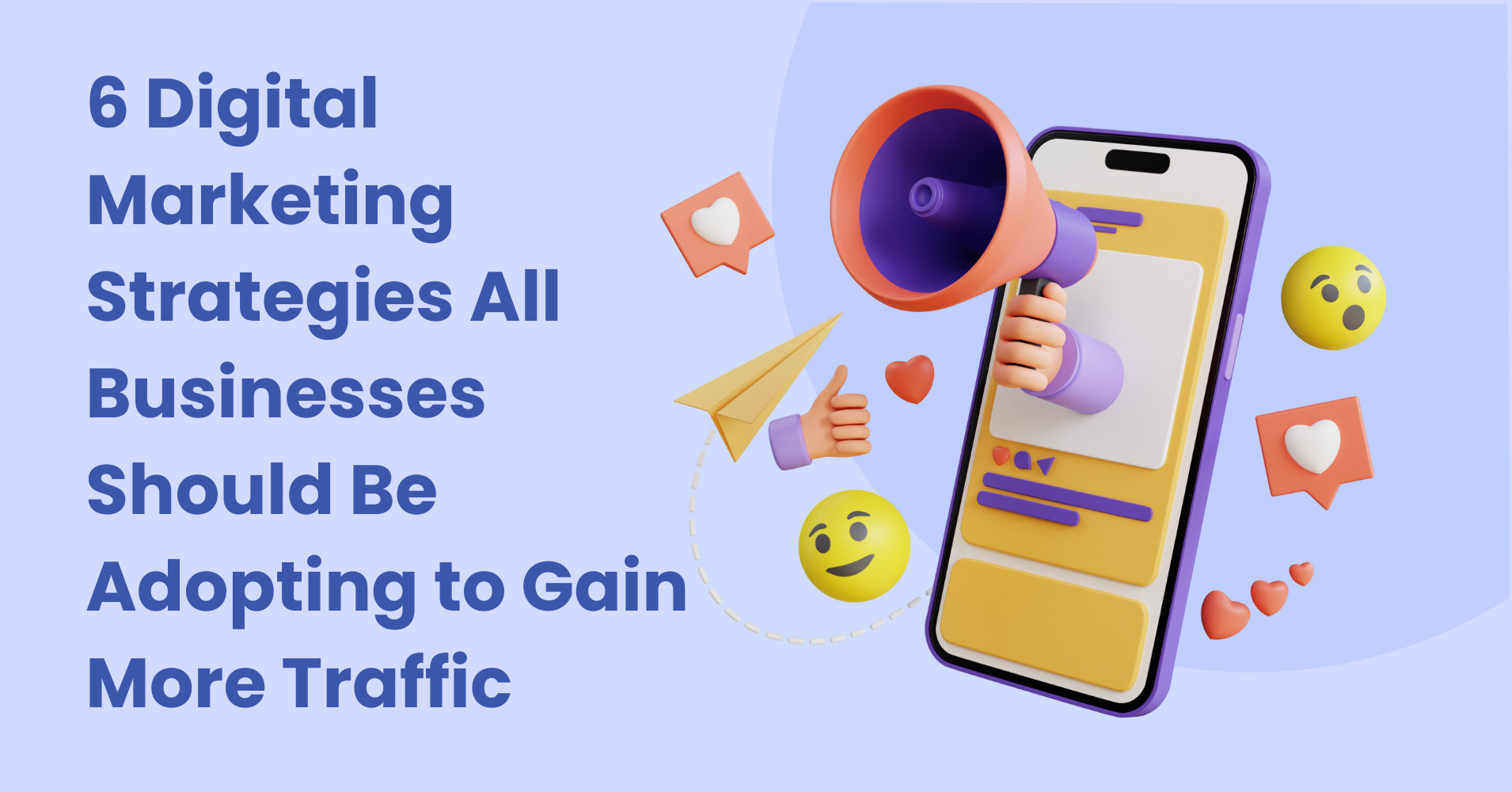Digital entertainment has transformed dramatically over recent years. Streaming services, interactive games, and live events now compete for attention on a variety of screens. Behind the scenes, artificial intelligence (AI) is quietly shaping how content is presented, tailoring experiences to individual preferences. This shift towards personalisation isn’t just changing entertainment; it is influencing how marketers approach campaigns and engage audiences.
How AI reshapes marketing strategies through personalisation
AI-driven personalisation tools provide marketers with new ways to connect with audiences. By analysing user behaviour and preferences, platforms recommend content that feels uniquely relevant. Online casinos, for example, offer a wide array of games ranging from slots to table options with different variations and return-to-player rates (RTPs). These platforms, including some UK online casinos not on GamStop that are accessible to players in the US, leverage AI to suggest games likely to appeal to individual users. Marketers can apply similar tactics, using AI to segment audiences and deliver more tailored messaging, improving campaign effectiveness.
Leveraging personalisation tools in digital campaigns
Personalisation extends beyond recommendations. Marketers can incorporate AI to optimise timing, content format, and channel choice, matching audience habits and preferences. For example, predictive analytics allow campaigns to reach users when they’re most receptive, increasing engagement. Music streaming apps use this to create playlists that evolve with the listener, while social media platforms tailor feeds based on interaction patterns. Applying these techniques, marketers can deliver content that aligns with evolving user interests rather than relying on one-off assumptions.
Digital marketing innovations inspired by entertainment personalisation
The success of entertainment platforms has driven innovation across digital marketing. Personalised user journeys, dynamic content, and real-time adjustments now feature prominently. AI-powered chatbots and virtual assistants, for instance, adapt responses based on user data, creating a conversational experience that feels human and relevant. Marketers can also adopt personalisation to refine email campaigns, landing pages, and product recommendations, enhancing the customer experience by making it more intuitive and engaging.

Implications for SEO and content marketing
Personalisation influences SEO strategies by encouraging marketers to focus on user intent and experience. Rather than targeting broad keywords alone, campaigns now prioritise contextually relevant content tailored to specific audience segments. This means creating diverse content formats and topics that speak directly to users’ needs at different stages of the journey. As search engines reward positive user engagement, personalisation helps reduce bounce rates and increase time spent on pages, contributing to better rankings.
Enhancing user engagement and social media strategy
AI-driven personalisation also transforms social media marketing. Platforms curate feeds based on individual interests and interaction histories, which marketers can harness by creating targeted content and adverts. Understanding how audiences consume and respond to content enables brands to craft messages that resonate deeply. Additionally, real-time data allows quick adjustments to campaigns, ensuring relevance remains high and users stay engaged longer.
Building trust through transparent data use
With personalisation relying heavily on data, trust remains essential. Users expect transparency about how their information is collected and applied. Marketers who openly communicate data practices and provide control tools help build stronger relationships. Clear privacy policies and options to manage preferences reassure users, encouraging ongoing interaction with personalised content.
Balancing AI and human creativity in marketing
While AI delivers powerful insights and automation, human creativity remains indispensable. Marketers combine data-driven personalisation with authentic storytelling to create campaigns that truly connect. AI suggests what content might perform well, but it cannot replace the emotional resonance crafted by skilled creators. This collaboration ensures marketing remains both relevant and engaging.
The future of personalisation in digital marketing
Looking ahead, AI is set to deepen its role in personalisation, enabling even more refined targeting and adaptive content. Emerging technologies like virtual and augmented reality promise immersive experiences tailored to individual users. Marketers preparing for these changes will need to integrate AI tools while maintaining creative flexibility to meet evolving audience expectations.
Growing expectations for personalised experiences
Personalisation is no longer optional; it has become a standard expectation among digital audiences. Platforms that provide tailored content not only improve user satisfaction but also foster loyalty. Marketers who adopt AI-powered personalisation can deliver experiences that feel relevant and seamless, setting themselves apart in a crowded digital environment.







